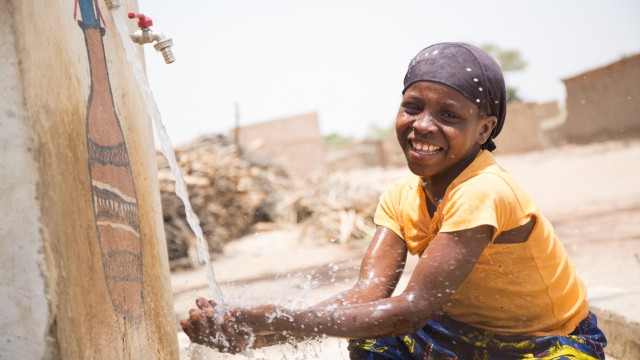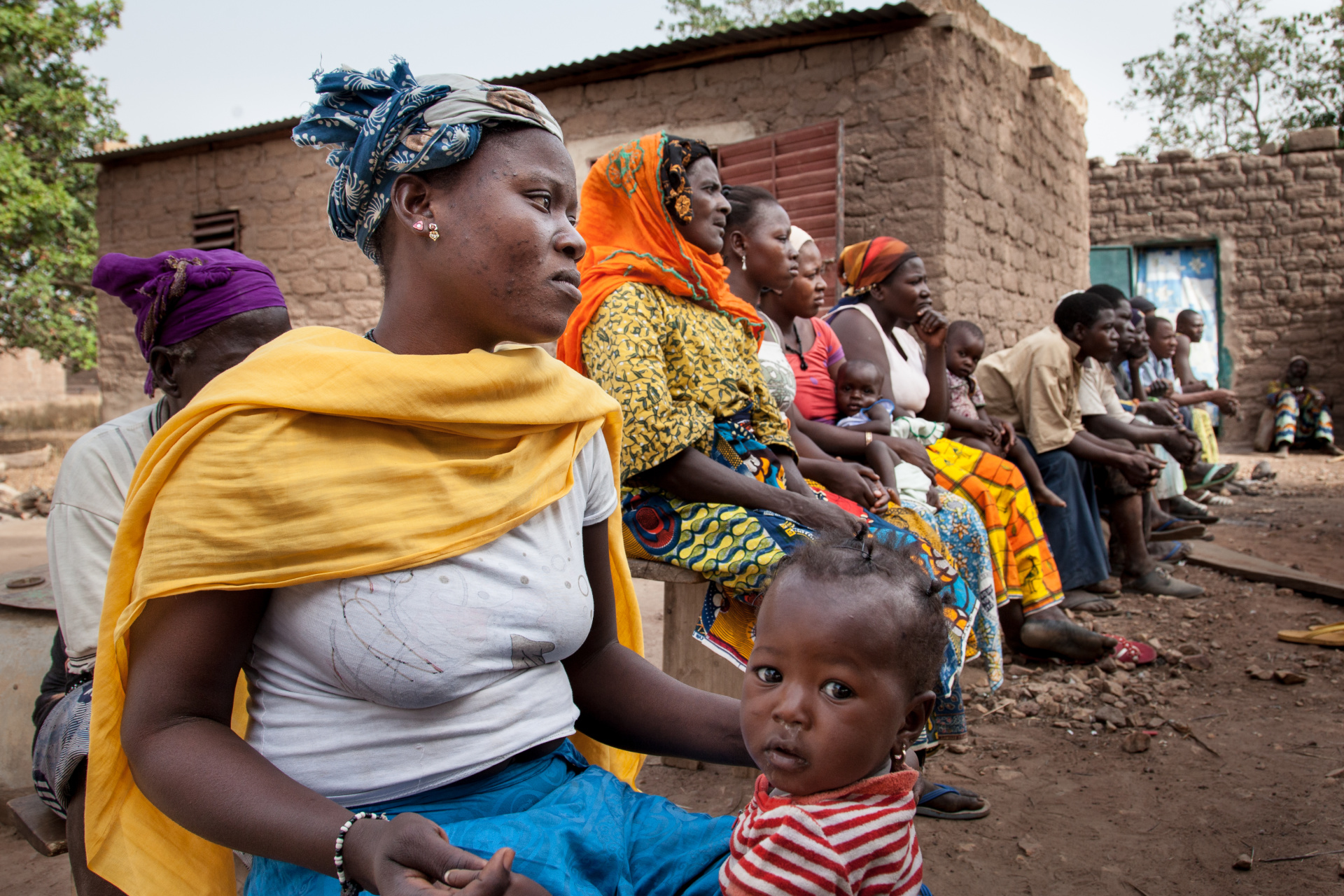Global Handwashing Day: What it is and why it’s important

Updated September 2024.
Since 2008, Global Handwashing Day has been celebrated annually on October 15 to promote handwashing with soap and water as an easy, effective, and affordable way to prevent disease and save lives. When handwashing with soap is practised at key moments, such as after using the toilet or before eating, it can dramatically reduce the risk of diarrhea and pneumonia, which can cause serious illness and death. In short, practicing proper hand hygiene at key moments can save millions of lives annually. Yet, there's still a long way to go in making it a widespread habit.
Alarming facts
With 2 billion people—nearly a quarter of the global population—lacking handwashing facilities with soap and water at home1, the significance of this issue is undeniable. In many countries, this issue disproportionately impacts adolescent girls and women, who are primarily responsible for child care and domestic chores.
More than 800 million children lack a handwashing facility with water and soap at their school, and 462 million children attend schools with no handwashing facilities at all.2 Frequent sickness not only disrupts their learning but also affects their concentration and overall academic performance.
Access to water, sanitation, and hygiene (WASH) services and information alone is not enough to shift human behaviour; individuals must be convinced that they have a vital role to play, and they require frequent reminders to stay motivated and keep up the behaviours that protect themselves and others from disease.
For example, even when a health care facility has access to supplies and infrastructure and staff members are aware of proper hand hygiene behaviours, some 61% of health workers still do not practise them.3 Timely hand hygiene prevents up to 50% of avoidable infections acquired during health care delivery, including those affecting the health workforce.4
Solutions for lasting change
For many people, effective handwashing is a simple task that can be completed in nine easy steps. But for others, systemic solutions are essential to ensure access to sustainable WASH services, as well as to foster lasting behaviour change.
At the One Drop Foundation, we are always ready to go above and beyond to achieve true long-term sustainability. We believe in the combined power of providing access to safe WASH services, promoting healthy behaviours, and encouraging capital to support income-generating activities and market-based solutions.
Access; Behaviour change; Capital. These elements make up our A•B•C for SustainabilityTM model. Combined, they drive lasting impact by fostering an environment where positive change can thrive, empowering communities to reach their full potential.
Discover how our model and approach have transformed the daily lives of hundreds of families like Sanata’s, in Mali.
To learn more about our projects, read our 2022 Impact Report.
To sum up, access to water, sanitation, and hygiene is vital. Handwashing with soap and water has proven to be a critical component of access to health, education, and gender equity, and it is one of the most effective measures of disease prevention. By practicing handwashing with water and soap, you are making a significant difference for both yourself and those around you.
Let’s keep the momentum going—support our mission and help us spread the impact further.
References:
1.WHO and UNICEF. Joint Monitoring Programme (JMP). Progress on Household Drinking Water, Sanitation and Hygiene 2000–2022: Special Focus on Gender
2. WHO, UNICEF. State of the World’s Hand Hygiene, 2021
3. Health care without avoidable infections. The critical role of infection prevention and control
4. WHO, UNICEF. State of the World’s Hand Hygiene, 2021
